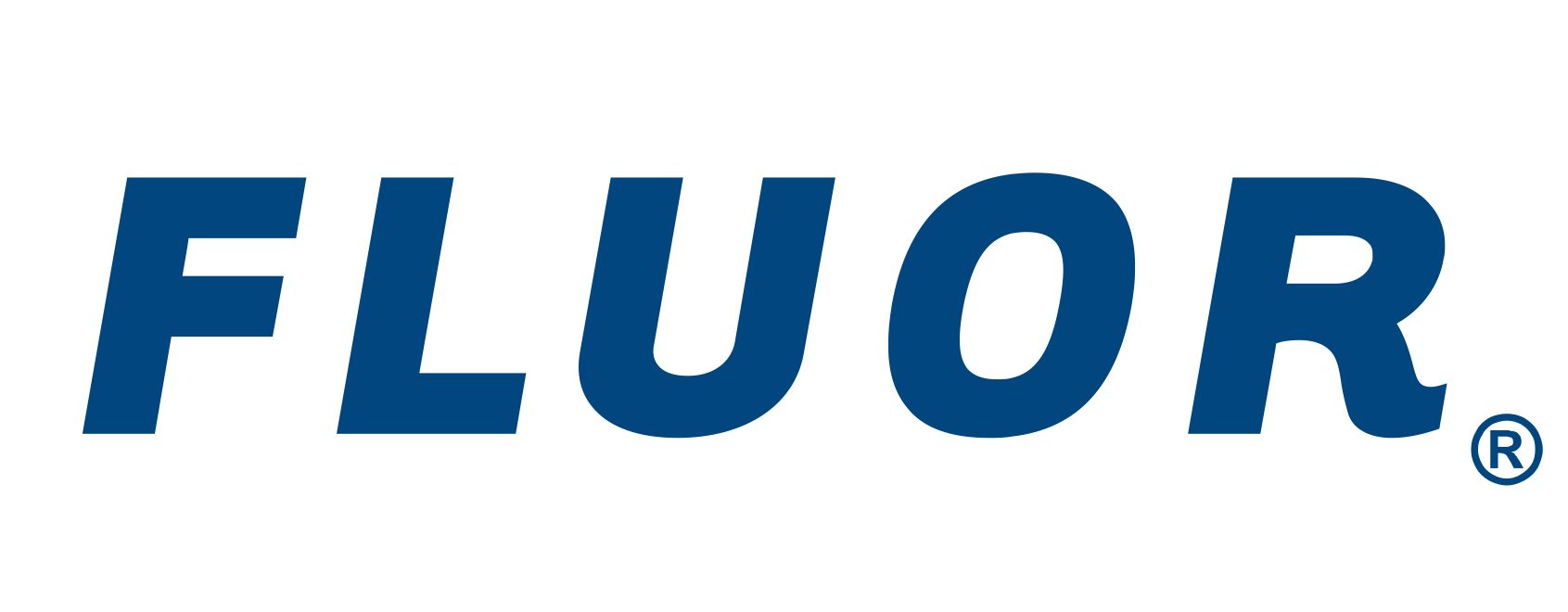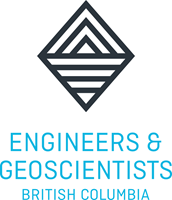
2024 Annual Report
Photo: Ryoji Iwata (Unsplash)
RECRUITMENT
Open – 25th August 11:59PM, Close – 15th September 11:59PM
Mission Statement
We aim to design a data-driven smart city model through engineering intelligent products and conducting sustainability research

Photo: Alex Jung
AWARDS
3rd Place
2023 AgriTech Challenge
National 1st Place
2021 ACSE BLUE SKY INNOVATION CONTEST
Most Out of The Box
2020 MIT ENERGY HACK
About Us
Established in 2020, UBC Smart City is an accredited engineering design team at the University of British Columbia, Vancouver. Our team comprises a diverse group of multidisciplinary students dedicated to developing innovative IoT products, conducting research, and participating in global competitions aimed at advancing smart city technologies.
Focus Teams
Transportation
Better transportation systems create connections to people, places, and opportunities, while tackling the big challenges our cities are facing: climate change, housing affordability, inequity, and public health. However, transportation has long been a “wicked” challenge for cities, where promising solutions bring unavoidable tradeoffs or hidden long-term consequences.
The UBC Smart City transportation focus team aims to develop transportation solutions that generate clear public benefits, at a minimal cost. To this end, we competed in TransLink’s 2020 Open Call for Innovation and the 2021 ASCE Blue Sky Innovation contest, where we advanced to the national competition. We also created a street space reallocation dashboard to illustrate key tradeoffs involved in shifting road space between transport modes.
If you’re interested in creating innovative solutions to our cities’ big problems, while helping Metro Vancouver achieve its climate change, transportation, and land use objectives, we would love to have you onboard.
Smart Living
Aesthetics play a vital role in shaping our experiences and interactions within cities and living spaces. While functionality and practicality are essential, aesthetics add depth and enjoyment to our surroundings, profoundly influencing our well-being, behavior, and sense of community.
We believe the future of urban living lies at the intersection of beauty and utility. Whether it’s a productivity app that streamlines your workflow or a device that makes solar power more accessible, our team is dedicated to creating solutions that not only solve problems but also elevate the aesthetic quality of one’s spaces. Our mission is to bring smart city living closer, one thoughtfully designed product at a time
Energy
The energy focus team will aim to design systems to meet the energy needs of the population while being robust, cost-effective, and environmentally friendly. The start to end life cycles of energy systems will be analyzed for new innovations and optimizations to accommodate increasing populations while limited by finite natural resources. Some potential areas of research include smart buildings, heat recycling, infrastructure repurposing, and renewables. To ensure companies and citizens are incentivized to adopt new solutions, concepts such as metering, demand pricing, and transition plans will be investigated to ensure the grid functions effectively and in the interest of all stakeholders.
Potential competitions for the energy team include Generate, a clean energy conference in BC. If you have a passion for smart energy systems, the energy team is for you. The team aims to develop innovative solutions that address energy challenges in Canada. We work on projects that optimize energy systems, reduce carbon emissions and integrate renewable systems into urban and rural infrastructures.
GIS
The GIS team will focus on analyzing spatial data and generating impactful visualizations. Projects may include mineral prospectivity mapping, seismic risk assessment, and geohazard mapping.
The team will focus on advancing initiatives aligned with the Smart City vision, emphasizing the integration of geospatial data to enhance urban environments. This year, the team’s primary goal is to create a comprehensive data analytics dashboard for efficient collection, analysis, and visualization of geospatial information.




